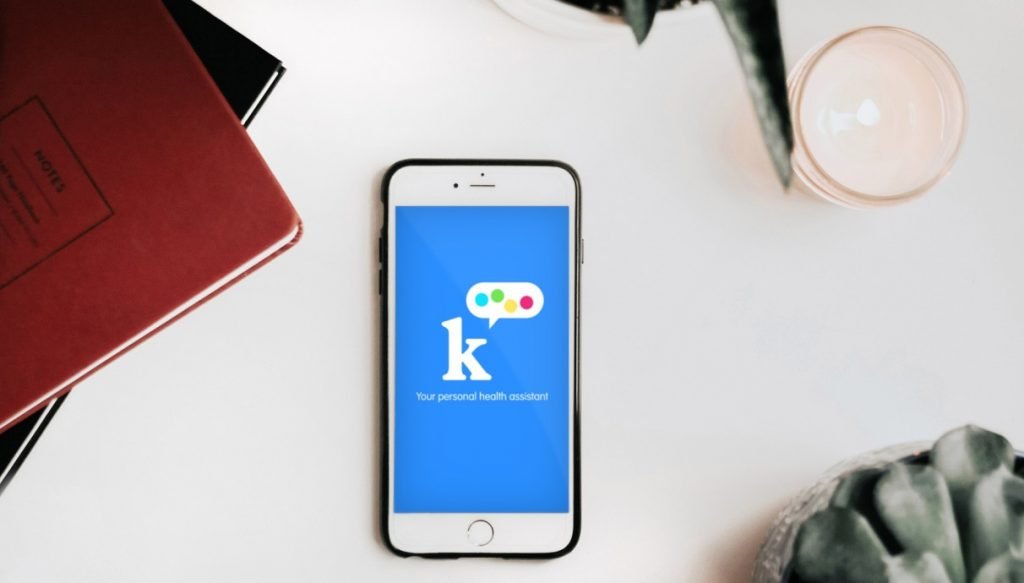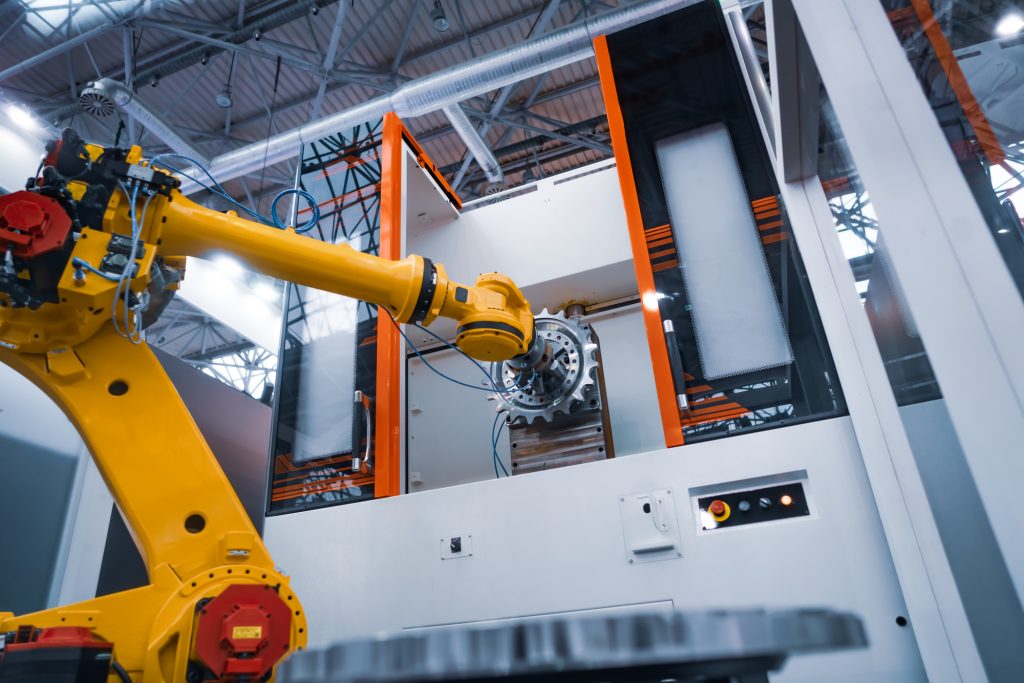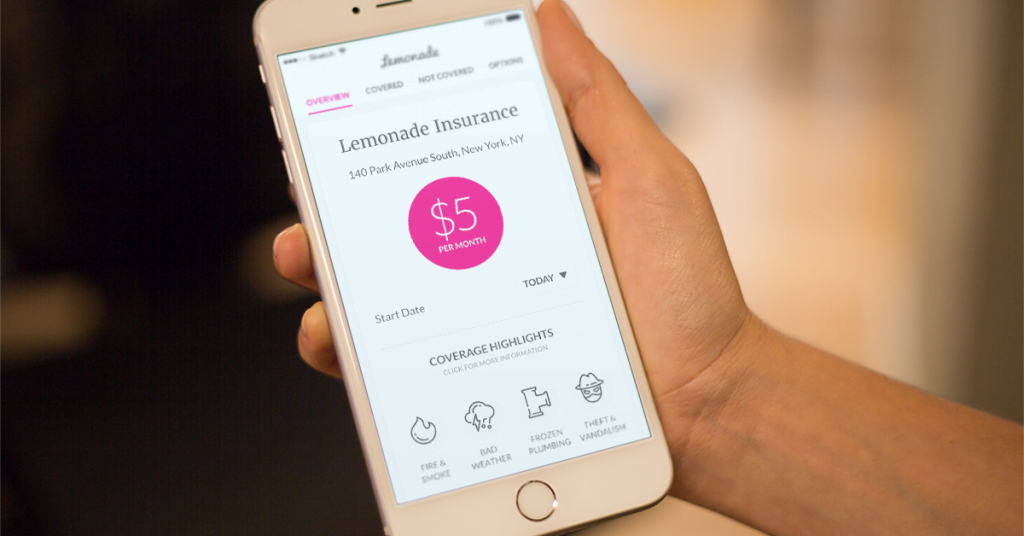Ten Israeli-founded companies were listed in Forbes’ newest round-up of America’s 50 “most promising” artificial intelligence companies, featuring US-based businesses “wielding some subset of artificial intelligence in a meaningful way and demonstrating real business potential from doing so.”
The Israeli companies listed span categories such as insurance, healthcare, cybersecurity, and Big Data.
Israel is home to over 1,000 companies, academic research centers, and multinational R&D centers specializing in AI, according to a report earlier this year by Start-Up Nation Central. Israeli companies focused on AI are seeing major growth and in 2018, they nabbed nearly 40 percent of the total venture capital funds raised by the Israeli tech ecosystem as a whole, according to the same report.
SEE ALSO: State of AI: Israeli Artificial Intelligence-Based Companies See Major Growth
Forbes said that to be included on the list, “companies needed to show that techniques like machine learning (where systems learn from data to improve on tasks), natural language processing (which enables programs to “understand” written or spoken language), or computer vision (which relates to how machines ‘see’) are a core part of their business model and future success.” It added that the focus was on the problem the company is trying to solve rather than the tool solving it.
Forbes’ winners were listed in order of ascending valuation, according to estimates from data provider Pitchbook.
Here they are:
Viz.ai
At number 50, Viz.ai (or Viz) was the first Israeli company on Forbes’ list.
Founded in 2016, Viz is a medical imaging company that helps optimize emergency treatment using deep-learning technology to analyze CT scans and automatically detect and alert physicians of early signs of large vessel occlusion strokes via its Viz LVO platform. The tech helps triage patients directly to a stroke specialist and fast-track life-saving care.
The company’s products- Viz LVO and Viz CTP – are FDA-cleared and available in the United States. Viz CTP uses advanced processing technology to automatically analyze CT perfusion images and generate parametric perfusion color maps.
Viz was founded by a global team of experts, including Dr. David Golan, an Israeli statistics and AI expert. The startup has offices in San Francisco and Tel Aviv and has raised $21 million to date.
BigPanda
BigPanda is a data science platform that uses AI and machine learning to quickly detect IT problems in real-time and curtail them before they become full-blown network outages. The company says it intelligently clusters IT alerts into high-level incidents so users can reduce alert noise and spot critical issues faster.
BigPanda was founded in 2012 by company CEO Assaf Resnick and R&D VP Elik Eizenberg. It has offices in Tel Aviv and Mountain View, California.
BigPanda has raised over $50 million in funding and is valued at $135 million, according to Pitchbook.
It was ranked 36 on Forbes’ list
K Health
K Health is an Israeli startup founded in 2016 that leverages AI and anonymized reports to diagnose health issues.
Relying on a unique database of over 2 billion anonymized physician notes, lab results, treatments, detailed medical histories, and prescriptions, the free app provides accurate, data-driven information about users’ symptoms and health. The user simply needs to download the app on his smartphone, answer questions about personal characteristics, health history, and symptoms, and the app uses its machine learning capabilities to create a profile with personalized medical insights.

“K was built by technologists and doctors because we felt frustrated with the ability to access relevant, personalized and affordable healthcare,” co-founder and CEO Allon Bloch told Forbes.
“We ask 21 questions that on average take a patient 3 to 4 minutes to answer. We try to mimic the same process that a doc[tor] does when a patient goes in for a visit, and also learn people over time…. It’s a powerful thing we’re building. Nobody else that we know of has put AI into primary care,” Bloch, formerly of Wix, told Crunchbase News in December.
K Health boasts over 500,000 users. It has offices in Tel Aviv and New York City and has raised over $50 million to date. The startup is valued at $200 million and ranked 29th on the Forbes list.
Kodiak Robotics
Kodiak Robotics is bringing autonomous tech to the long-haul trucking market. The company, based in Mountain View, California, was founded by Israeli entrepreneur Paz Eshel, a former venture capitalist, and American entrepreneur Don Burnette, a co-founder of self-driving trucking company Otto and former software technical lead at Uber. Burnette serves as the company’s CEO.
The two founded Kodiak Robotics to alleviate the current strain on the freight market through self-driving technology, according to a previous company statement.

“The idea is that autonomously driving cargo-laden trucks down a highway could be a nearer-term and even more attractive commercial opportunity than passenger vehicles,” Forbes wrote.
In the 25th spot on the list, Kodiak Robotics has raised $20 million and is valued at $210 million. It does not have a known presence in Israel.
ClimaCell
Founded in 2015, ClimaCell provides high-definition weather map software, using “vast quantities of nontraditional data—like signals from cellphones, internet-of-things devices, and street cameras—to issue hyperlocal street-by-street, minute-by-minute’ weather forecasts, Forbes described.
Sign up for our free weekly newsletter
SubscribeThe company is based in Boston with an office in Tel Aviv. It has more than 150 corporate clients including Delta, JetBlue, the New England Patriots, and ride-sharing, Israeli-founded startup Via.
ClimaCell placed 24th on Forbes’ list, with funding at over $80 million and a valuation of $217 million.
SentinelOne
Founded in 2013, SentinelOne delivers autonomous endpoint protection through a single agent that prevents, detects, responds, and hunts cyber attacks across all vectors.
Designed to be easy to use, the platform saves customers time by applying AI to automatically eliminate threats in real-time for on-premise and cloud environments, the company says.
The company has over 2,500 customers, including Estee Lauder and Autodesk, and it says it’s on the verge of announcing a major partnership with one of the largest PC makers, Forbes reported.
Bright Machines
Bright Machines was founded just last year by American entrepreneur Amar Hanspal and Israeli-born executive Tzahi Rodrig. The company says it helps manufacturers effortlessly and autonomously build the next generation of products, eliminating manual labor by combining robots and new software.

The company has raised over $200 million and is valued at $679 million. It is headquartered in San Francisco and has an office in Seattle and an R&D center in Tel Aviv.
Bright Machines placed 13 on Forbes’ list.
Fundbox
Founded in 2013, Israeli company Fundbox offers small-business owners data-driven loans to solve cash flow issues. It advances payment for thousands of unpaid invoices weekly, effectively eliminating the 30-, 60-, and 90-day problem faced by many small businesses.
“A company that wants a loan through Fundbox connects their existing finance tools to its platform, which then uses these data streams to assess risk and either approve it or not,” Forbes wrote.
Fundbox was founded by Fintech veterans Eyal Shinar, Tomer Michaeli, and Yuval Ariav, and is headquartered in San Francisco with offices in Tel Aviv. It has raised $140 million to date and is valued at $750 million.
Fundbox ranked 11th on Forbes’ list.
Hippo Insurance
Insurance tech startup Hippo was founded in January 2015 and led by Israeli-born CEO Assaf Wand, and CTO Eyal Navon. It made its debut in the insurance marketplace in April 2017.
Hippo allows homeowners to receive an accurate insurance quote, built on public data sets from municipal building records to satellite imagery of physical property characteristics and purchase home insurance online in a minute or less. It also allows customers to save up to 25 percent on premiums, and obtain smarter coverage for household goods like appliances and consumer electronics.
In addition to insurance, Hippo also provides complimentary smart home devices to clients to protect homeowners against water leaks, fire damage, and break-ins. The company has also built partnerships with homebuilders such as Lennar (an investor in Hippo), lenders like Better.com, and homeowner insurers like First American Property & Casualty Insurance to build homes outfitted with sensors and other devices that help reduce maintenance costs, saving clients money.
SEE ALSO:To Keep Its Tech Edge, Israel Needs A National AI Strategy, Says Israel Innovation Authority
Based in Palo Alto, California, it has raised over $209 million with a valuation of over $1 billion.
Hippo placed 8th on the Forbes list.
Lemonade
Lemonade, founded in 2015 by Israeli entrepreneurs Daniel Schreiber and Shai Wininger, combines behavioral economics, artificial intelligence, and chatbots to deliver renters and homeowners insurance policies and handle claims to users in over two dozen states across the US.
Lemonade’s renters’ insurance pricing starts at $5 per month and their homeowners’ insurance starts at $25 per month.

The company also has a charitable component where revenue left over after paying claims goes to charities of users’ choices.
The company has raised over $450 million to date and is valued at over $2 billion, with headquarters in New York and offices in Tel Aviv.
Lemonade ranked fourth on the Forbes list.
Related posts

Editors’ & Readers’ Choice: 10 Favorite NoCamels Articles

Forward Facing: What Does The Future Hold For Israeli High-Tech?

Impact Innovation: Israeli Startups That Could Shape Our Future




Facebook comments